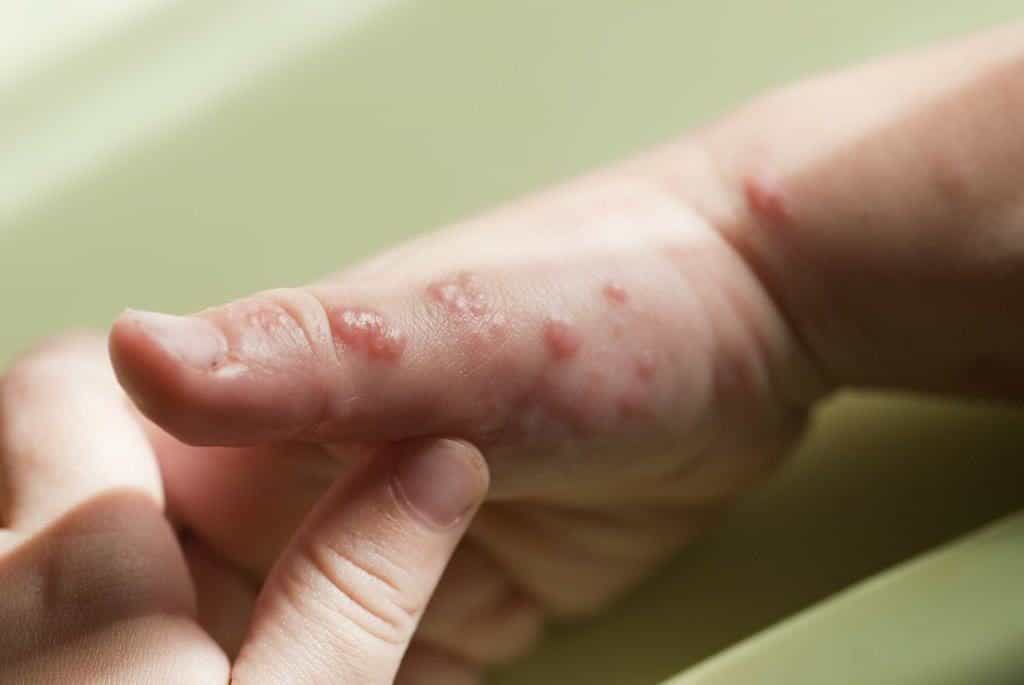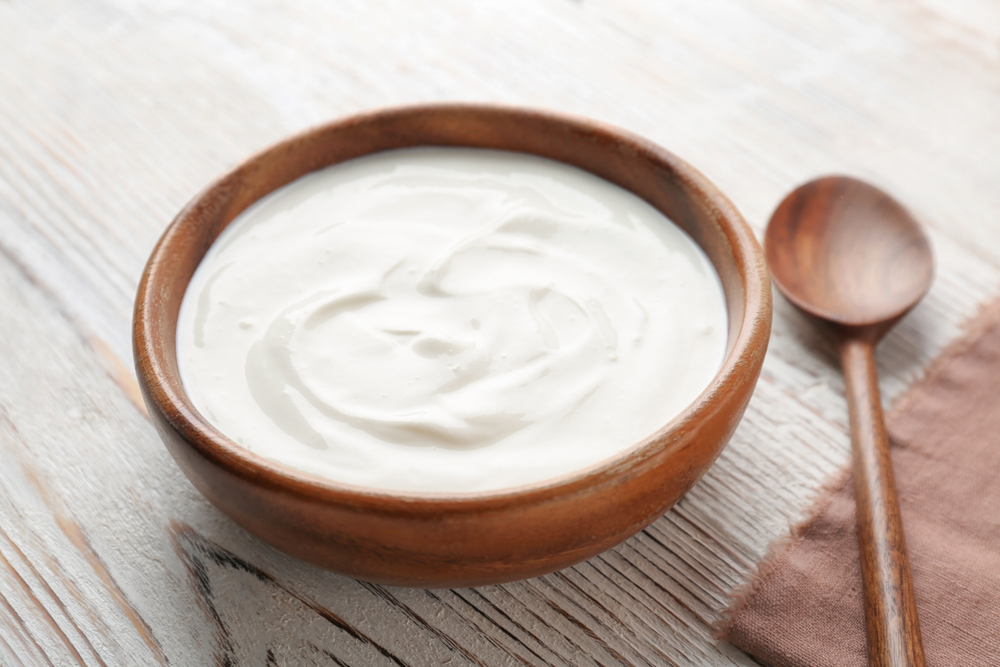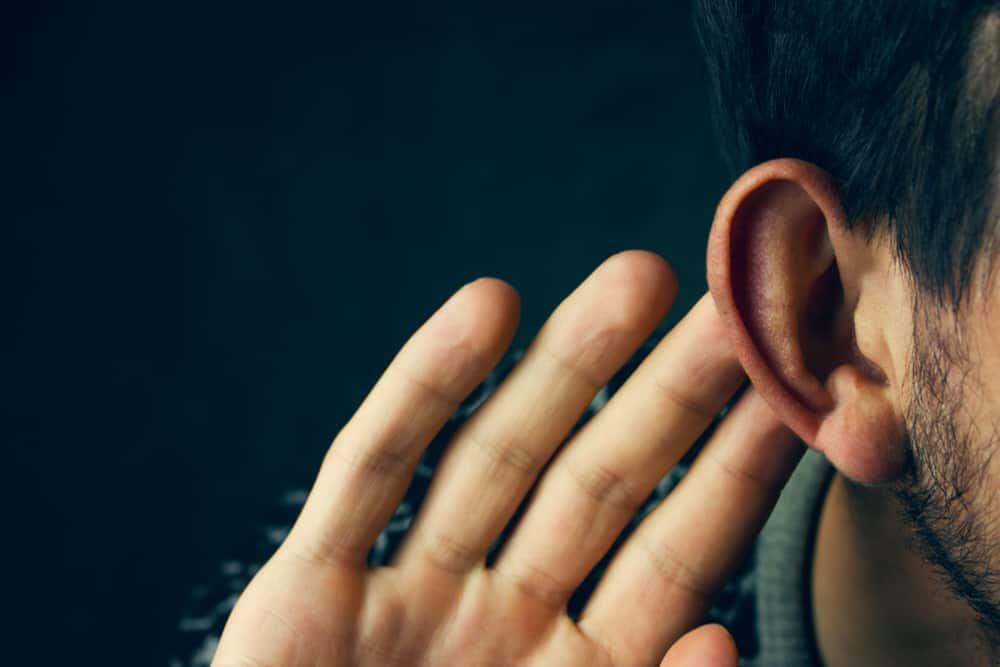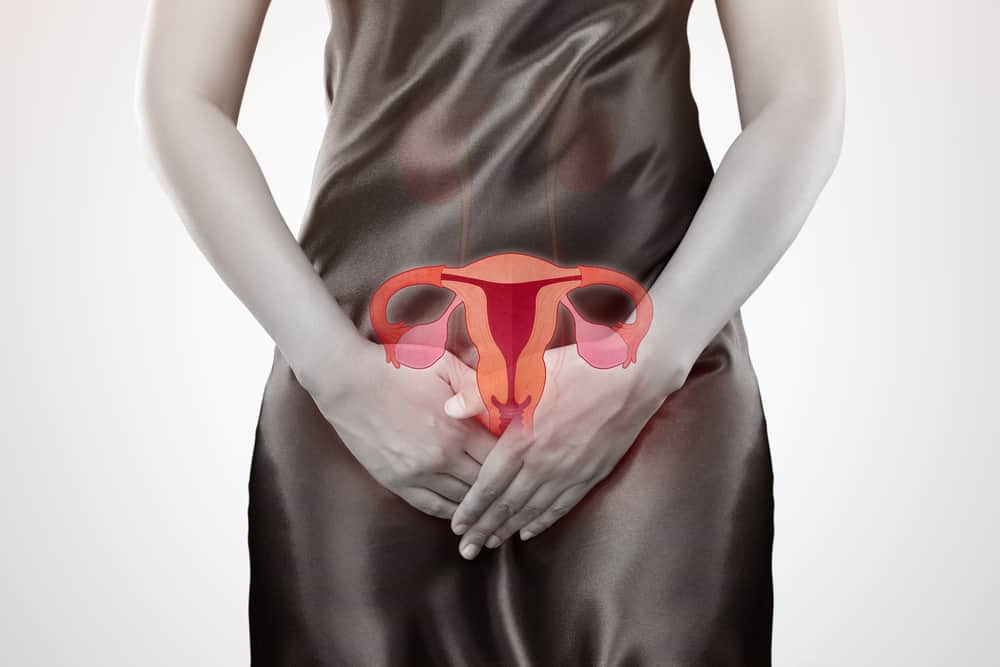Contents:
- Medical Video: Nickel allergy – what you need to know
- What is contact dermatitis?
- What causes contact dermatitis?
- Allergic contact dermatitis
- Irritant contact dermatitis
- Photococcal dermatitis
- What are the symptoms of contact dermatitis?
- How do I know if I have contact dermatitis?
- Common complications caused by contact dermatitis
- Infection
- Neurodermatitis
- Cellulitis
- Quality of life decreases
- How do you relieve itching in contact dermatitis?
- How can I prevent contact dermatitis?
Medical Video: Nickel allergy – what you need to know
What is contact dermatitis?
Have you ever tried a beauty product or detergent, so the skin becomes irritated? If so, you may experience contact dermatitis. This condition occurs when contact with foreign substances or excessive contact with water causes itchy, red, and inflamed skin.
In general, contact dermatitis reactions are not severe, but can interfere.
What causes contact dermatitis?
There are 3 types of contact dermatitis:
- Allergic contact dermatitis
- Irritant dermatitis
- Photo-contact dermatitis
Allergic contact dermatitis
Allergic contact dermatitis occurs when the skin has an allergic reaction after contact with foreign substances. This causes the body to release chemicals that can make the skin itchy and irritated. Common causes of allergic contact dermatitis include:
- Jewelry like nickel or gold
- Latex gloves
- Fragrances or chemicals in cosmetics or beauty products
- Plants of poison oak or poison ivy
Irritant contact dermatitis
According to the American Academy of Dermatology, irritant contact dermatitis is the most common type of contact dermatitis. Irritant contact dermatitis occurs when the skin comes into contact with toxic substances.
Toxic substances that can cause irritant contact dermatitis are:
- Battery acid
- Whitening agent
- Cleaning agent
- Kerosene
- Detergent
'Hand eczema' or irritant contact dermatitis can occur when the skin comes into contact with less irritating material, such as soap or water, too often. People who are often exposed to water, such as hairdressers, bartenders, and medical workers, often experience irritant contact dermatitis.
Photococcal dermatitis
Photococcal dermatitis is very rare. This is a reaction that occurs when the active ingredient in sunscreen is exposed to sunlight.
What are the symptoms of contact dermatitis?
Symptoms of contact dermatitis depend on the cause and level of your sensitivity to the rash-causing substance. Symptoms of allergic contact dermatitis include:
- Dry skin
- Blistered skin
- Redness of the skin
- The skin looks dark
- Skin feels sore
- Severe itching
- Sensitive to sunlight
- Swelling of the eyes, face, or groin
Irritant contact dermatitis can cause slightly different symptoms, such as:
- Blistered skin
- Cracked skin
- Swollen
- Skin feels tight
- Sprue
- Crusty open wounds
How do I know if I have contact dermatitis?
Contact your doctor if symptoms become serious or don't improve immediately. The doctor will see your medical history and examine your skin. Questions that will be asked by doctors can include:
- When did you notice symptoms for the first time?
- What can relieve symptoms?
- What can worsen symptoms?
- Do you go up the mountain before the rash occurs?
- Are symptoms triggered by certain activities?
The doctor will refer to an allergist for you to check the cause of your contact dermatitis. Specialists can do an allergic test "patch test" where a small patch of allergen is placed on your skin. If your skin reacts, specialists can determine the possible cause of your contact dermatitis.
Common complications caused by contact dermatitis
If the itching and irritation of contact dermatitis becomes serious and does not immediately disappear, complications can occur, such as:
Infection
Moist or open skin is prone to infections from bacteria and fungi. The most common infections are staphylococcus and streptococcus. This can cause a condition called impetigo and is very contagious. Most infections can be treated with antibiotics or antifungal drugs.
Neurodermatitis
Scratching can cause the skin to itch more. This can cause the skin to become thick, discolored, and rough.
Cellulitis
Cellulitis is a bacterial infection of the skin, usually caused by streptococcus or staphylococcus bacteria. Symptoms of cellulitis include fever, redness, and pain in the area. Other symptoms also include red scratches on the skin, chills and pain. If you have a weak immune system, cellulitis can endanger your life. Make sure you contact your doctor if you have these symptoms.
Quality of life decreases
If symptoms are serious and last long, contact dermatitis can affect your quality of life. These symptoms can hinder your activity. You can feel embarrassed about the condition of your skin. If this happens, talk to your doctor to manage symptoms more effectively.
How do you relieve itching in contact dermatitis?
Avoid scratching irritated skin, because it can worsen irritation and require antibiotics. You can clean the skin with water and soap to remove irritants from the skin. One way to relieve the rash is to mix 2 tablespoons baking soda in cold water. Soak the cloth in the solution, squeeze and stick to the skin.
Other anti-itch treatments are calamine lotion or hydrocortisone cream. You can buy it at the nearest pharmacy. Doctors can prescribe stronger steroid creams if they are not effective.
Using antihistamine drugs such as diphenhydramine can reduce itching and allergic responses. In general, contact dermatitis will disappear by itself. However, seek medical attention immediately if the rash occurs near your eyes or mouth, covers most of your body, or does not improve even after being treated.
How can I prevent contact dermatitis?
Avoiding contact with irritants can prevent symptoms of contact dermatitis. Here are some tips that can help:
- Choose products that are labeled hypoallergenic or not fragrant
- Avoid using latex gloves if you have latex allergies. Choose vinyl gloves if you need gloves to protect the skin
- Use long-sleeved clothes and trousers when climbing in nature
- Use petroleum jelly before using gloves
- Use lotion or cream on your hands to avoid dry skin.
Hello Health Group does not provide medical advice, diagnosis or treatment.












